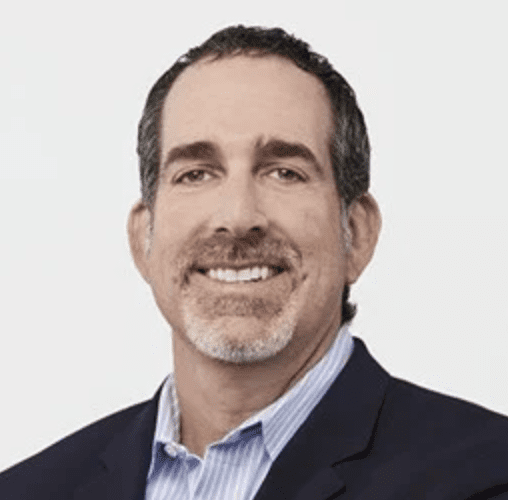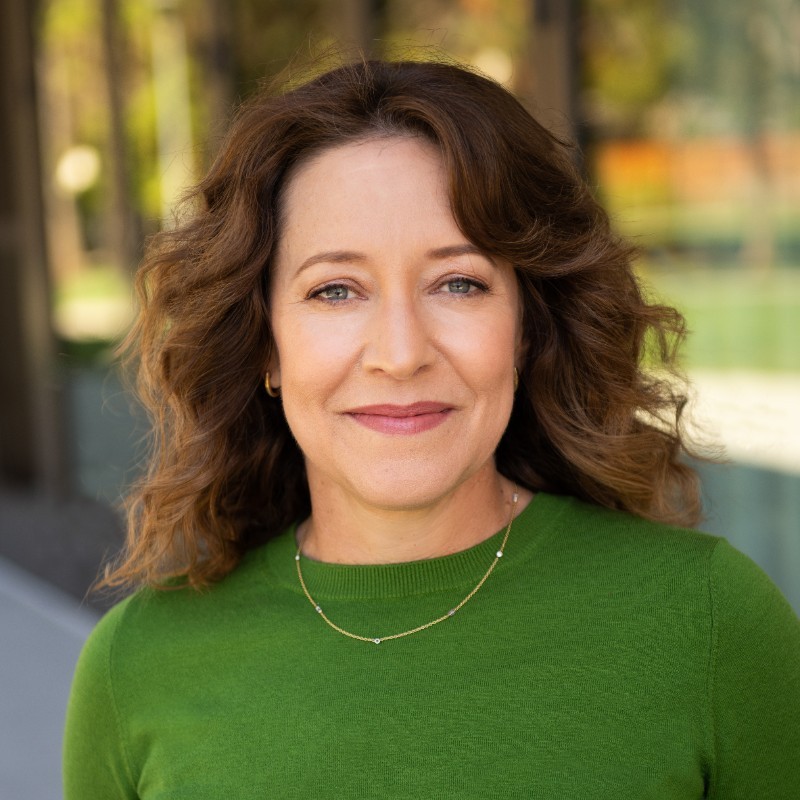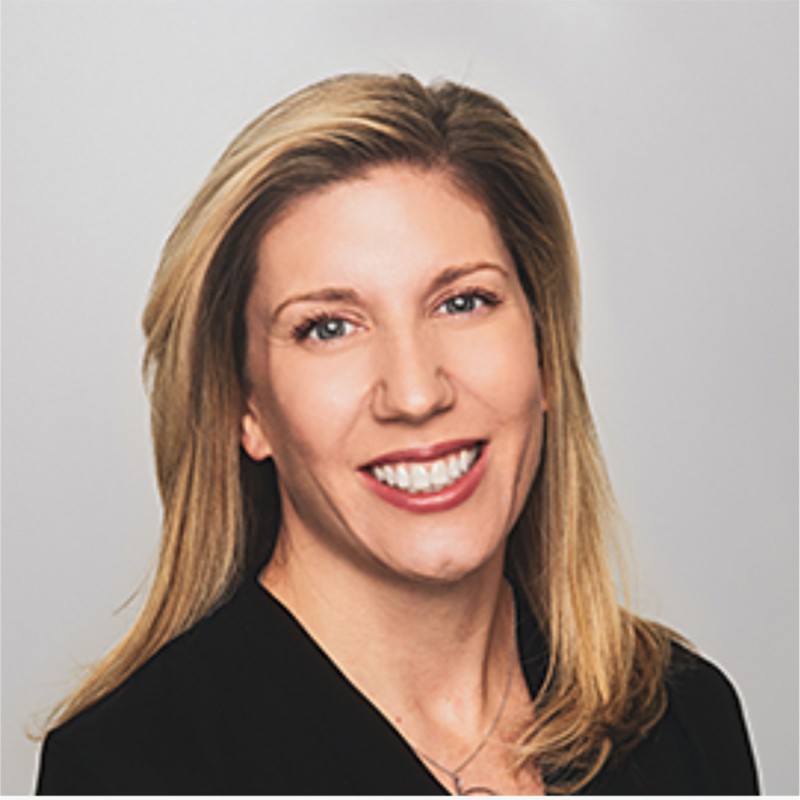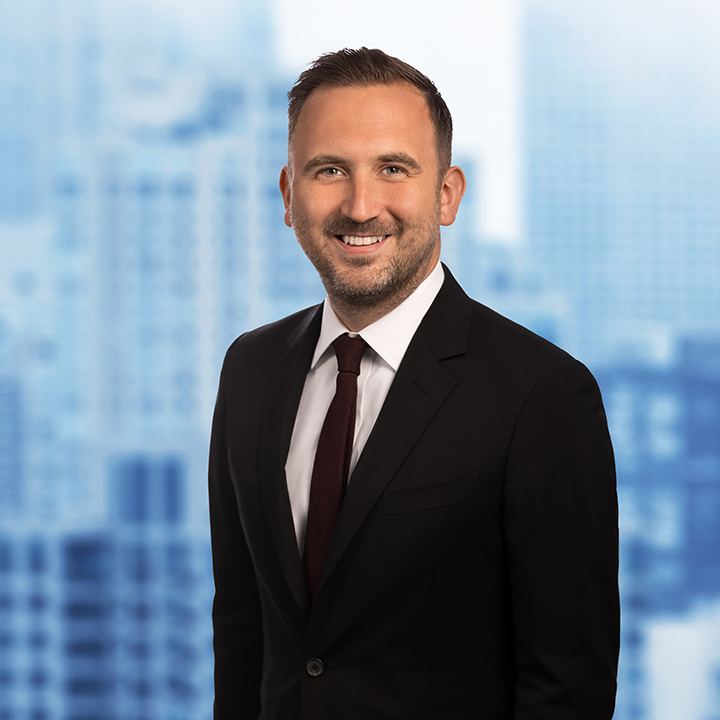Keeping your options open is becoming the thing to do in biotech.
Many boards of private drug developers are electing to simultaneously seek an IPO and a buyout at a time when M&A is heating up and there’s been a slight uptick in public debuts.
 Jon Norris
Jon Norris“Everybody, for the most part, in biopharma goes after a thought process of dual opportunity,” Jonathan Norris, a managing director in the healthcare banking division of HSBC, said in an interview. “You’re thinking M&A or IPO.”
The industry’s stop-start recovery means there is a pileup of private biotechs that avoided the risk of public markets in the past few years.
Meanwhile, biopharma M&A has been on the rise since early 2023 as pharma companies look to private biotechs to fill looming revenue gaps from patent cliffs. In the first half of this year, the median upfront deal size for private buyouts climbed to $1 billion, which was “more than three times the annual average of the past six years,” according to HSBC. (Deals with less than $75 million in upfront payments were not included, Norris said.)
Expect the pace to press on
Take a look at Carmot Therapeutics.
The Berkeley, CA-based biotech unveiled its IPO ambitions just weeks before Roche announced in December it would pay $2.7 billion to acquire Carmot. The obesity and diabetes drug developer has since disclosed stock-moving, albeit early-stage, clinical wins.
 Heather Turner
Heather TurnerCarmot’s “Plan A” was to go public before the end of 2023, but the startup entertained discussions with multiple drugmakers that year, CEO Heather Turner said last month on a Venrock podcast.
It established five data rooms, meaning multiple companies were conducting due diligence, Turner said on the podcast. (Turner did not respond to a request for comment for this story.)
Roche didn’t come into the picture until June 2023, which was around the same time the company was beginning its IPO process, the CEO said. But Carmot never joined the Nasdaq as “CRMO.” Within three weeks of publicly disclosing its IPO plans, the biotech inked its exit to Roche for more than double its last valuation as a private company, according to PitchBook.
Drugmakers have already bought most of the attractive public companies, according to industry insiders, so private biotechs will likely continue benefiting from the dealmaking firepower at pharma’s disposal.
 Daniel Parisotto
Daniel Parisotto“There probably have to be more positive data readouts for some of the public stories to become of interest to big pharma again, but there’s plenty of high-quality private companies now for big pharma to look at that are clinical-stage, have generated positive clinical data and are also hot therapeutic areas,” said Daniel Parisotto, managing director on Oppenheimer’s healthcare investment banking team.
It’s hard to quantify how many companies are considering or partaking in a dual-track process, though there are plenty of examples. EyeBio, Escient, ProfoundBio and Mariana Oncology were “very likely IPO candidates” this year, Parisotto said, but they all got bought out first.
Instead of an IPO, Human Immunology Biosciences, or HI-Bio, ultimately chose a $1.15 billion exit to Biogen in May.
“I don’t know if you play golf, but it’s a good idea to have a bunch of different clubs in your bag,” Fred Cohen, HI-Bio board director and Monograph Capital chair, told Endpoints News.
Leaving the door open
Flipping an S-1, which alerts everyone to a company’s IPO intentions, can give a biotech some leverage in deal talks.
 Rachael Bushey
Rachael Bushey“If they do the dual track, can it put pressure on one process or another? From an M&A standpoint, can they get a higher valuation because they have another option?” said Rachael Bushey, a partner in the life sciences group at the law firm Goodwin. “It gives them something to say, ‘We don’t need your offer. We can go ahead and go public.’”
With the markets in the doldrums since 2022, investors are looking for a guaranteed payday.
“There’s obviously a financial incentive from some of these investors,” said Kevin Eisele, managing director on William Blair’s equity capital markets team. “A lot of them have been getting long in the tooth in some of these private investments, and when pharma comes knocking with [a] guaranteed valuation, it’s hard to turn away from that, especially where some of these private valuations have been shaking out.”
Neither route is a guarantee, though. Carmot’s Turner told Venrock that “deals fall apart, even when you’re at the very end.”
 Kevin Eisele
Kevin EiseleWith that in mind, a dual-track sometimes turns into a triple-track. Companies will explore a crossover round while preparing for an IPO and engaging in business development discussions with pharma companies.
“This is still a market where companies need to, in our view, explore any and all avenues to make sure that their product or their candidates can progress through the clinic as efficiently and quickly as possible and hopefully get into patients,” Eisele said.
Max Gelman contributed reporting.